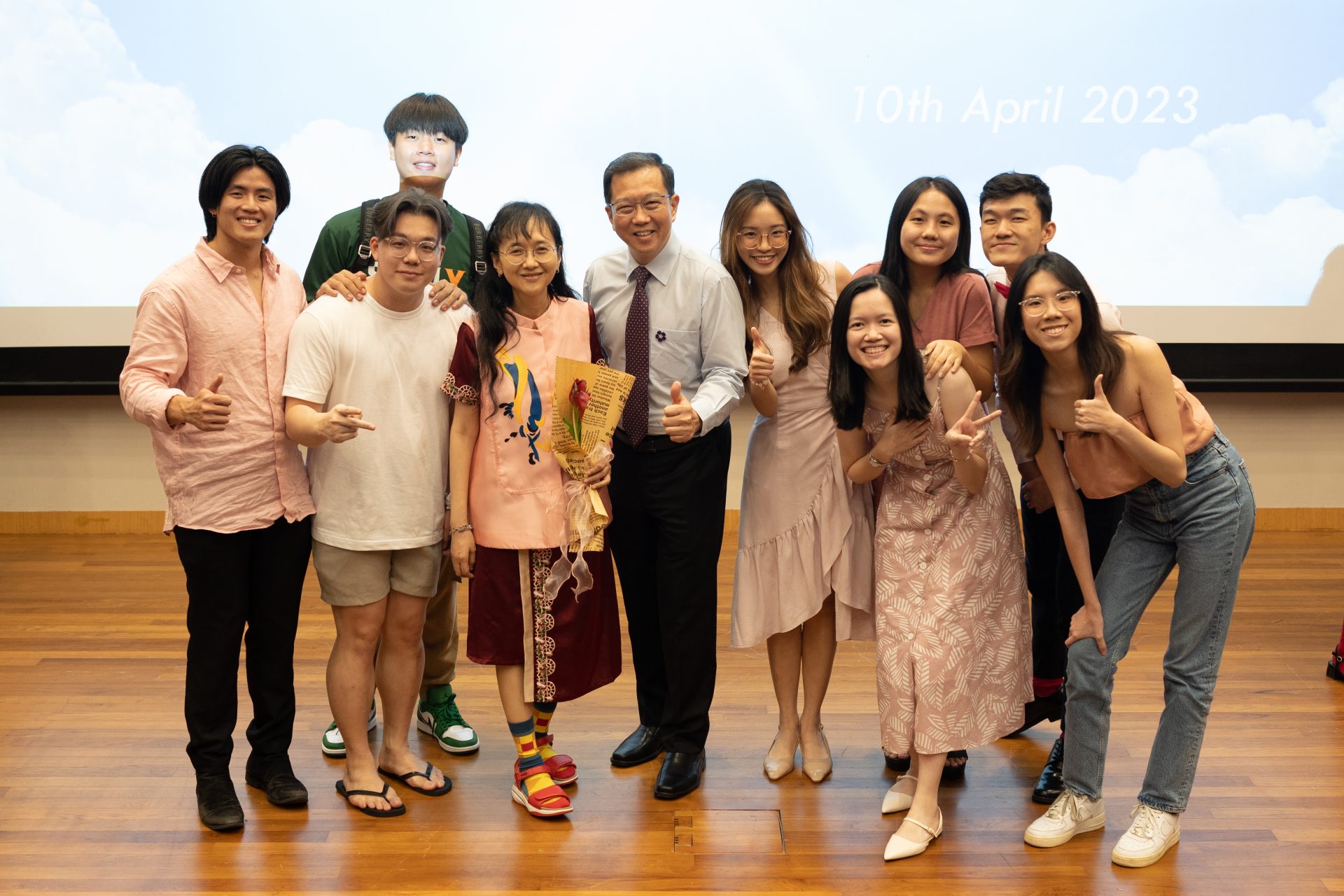More believe persons with dementia can live fulfilling lives, though stigma associated with the condition remains high.
This was revealed in a new nationwide study titled Remember.For.Me., conducted by the Singapore Management University (SMU) and Dementia Singapore, with the support of the Agency for Integrated Care (AIC). This follows a 2019 edition of the survey that signaled similarly high levels of stigma, although the percentage of persons with dementia who face rejection, loneliness and shame has dropped significantly since then.
The survey, conducted by SMU Principal Lecturer of Statistics Rosie Ching and her 72 undergraduates, saw over 3,200 participants, including persons living with dementia, caregivers, and members of the public, interviewed, to examine the public’s perceptions, attitudes, and awareness surrounding the condition. It highlighted that there will be a projected estimate of 152,000 persons living with dementia by 2030, with one in two reporting that they feel less competent than they did before the diagnosis.
Currently, one in 10 people over 60 have dementia. With Singapore’s increasing life expectancy and rapidly ageing population, this number is expected to rise further. It is, therefore, paramount that negative perceptions towards persons living with dementia are kept at bay, and that members of the public are equipped with the relevant know-how to support this growing population.
Addressing the stigma
In measuring stigma levels associated with dementia, results are largely similar to the 2019 survey, with those without any connection to dementia having the highest average stigma level. This is surprisingly higher than the average held by people with dementia, who are known to harbour negative attitudes such as incompetency and embarrassment about their condition, citing stigma as the main reason.
Though the stigma towards dementia remains high, the study revealed that the percentage of persons with dementia who face rejection, loneliness and shame has dropped significantly from 72 per cent in the 2019 study to 31 per cent.
Mr Jason Foo, CEO of Dementia Singapore, shared that extensive efforts have been made to reduce the stigmatic perception towards persons with dementia and their caregivers, as well as build a more understanding and accepting community. The survey supported Jason’s sharing with 83 per cent of interviewees expressing that they think more can be done to improve the quality of life of persons living with dementia. This is almost a 30 per cent increase from 2019.
“The group of persons living with dementia will continue to grow in Singapore and we will need to meet their needs and aspirations. It is thus heartening to see that there has been a significant decrease in the sense of loneliness and rejection among people living with dementia. The increased support from the general public who want to do more to improve the lives of persons living with dementia is also encouraging,” shared Mr Tan Kwang Cheak, AIC’s CEO.
Towards a dementia-inclusive Singapore
Increasing awareness and knowledge of dementia can help stamp out any uninformed views on dementia. With the bulk of the pressure on caregivers, it is heartening to learn that caregivers’ knowledge related to the condition has grown since 2019 when slightly more than 50 per cent rated themselves in this aspect as only average. In 2023, this has more than doubled to 43 per cent placing themselves inside the high-knowledge category, with secondary caregivers more than tripling.
Said Ms Rosie Ching: “Four years after its inception, Remember.For.Me. has once again focused on a problem that many, including my students, deeply relate to; and I am very grateful for having them by my side…through the months of surveying and statistical analysis. With my students’ generation as the caregivers of tomorrow, we hope the statistics uncovered will shed significant light on changes in perceptions of dementia in Singapore.”
“We are thankful to Ms Ching and her team of 72 students who have helped us better realise how much the public in Singapore truly understands dementia, the levels of dementia stigma, and for identifying the shifts in attitudes towards those impacted by this condition,” said Mr Jason Foo, expressing his heartfelt thanks to Ms Rosie Ching and all SMU students involved in this survey.
We can move the needle on increasing the awareness of dementia and dismantling the stigma associated with the condition because we have the support of concordant partners who are committed to the dementia cause. Together, we are confident that we can achieve our goal of a dementia-friendly and inclusive society.



